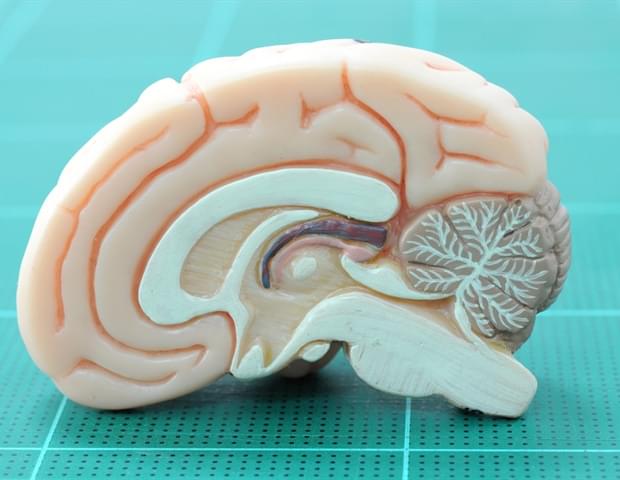As computer vision (CV) systems become increasingly power and memory intensive, they become unsuitable for high-speed and resource deficit edge applications — such as hypersonic missile tracking and autonomous navigation — because of size, weight, and power constraints.
At the University of Pittsburgh, engineers are ushering in the next generation of computer vision systems by using neuromorphic engineering to reinvent visual processing systems with a biological inspiration — human vision.
Rajkumar Kubendran, assistant professor in Pitt’s Swanson School of Engineering and senior member at the Institute of Electrical and Electronics Engineers (IEEE), received a Faculty Early Career Development (CAREER) award from the National Science Foundation (NSF) for his research on energy-efficient and data-efficient neuromorphic systems. Neuromorphic engineering is a promising frontier that will introduce the next generation of CV systems by reducing the number of operations through event-based computation in a biology-inspired framework.
